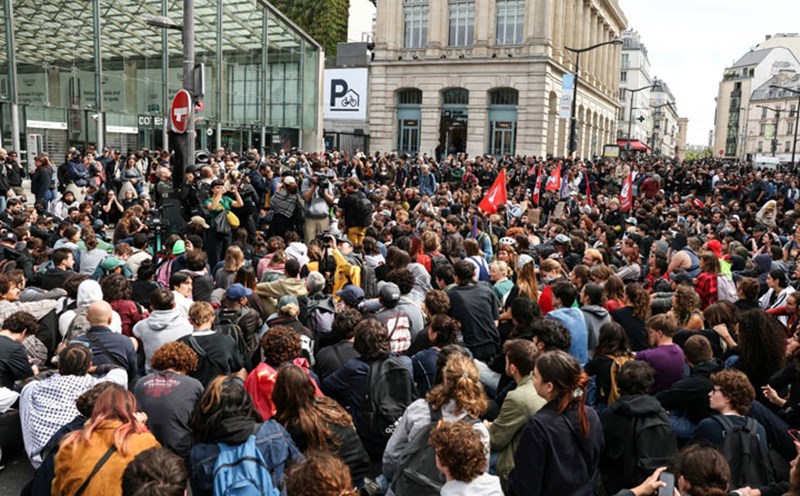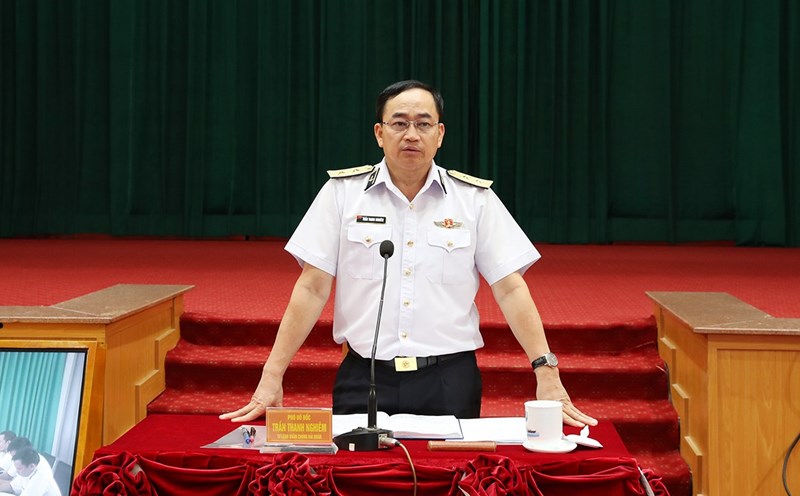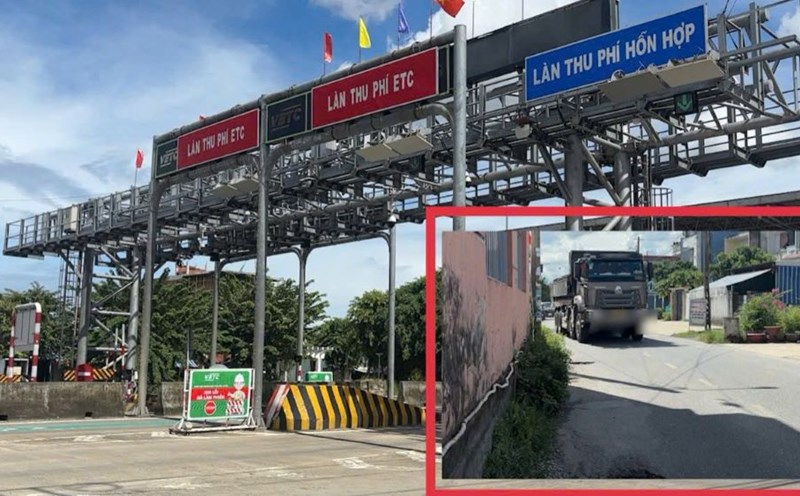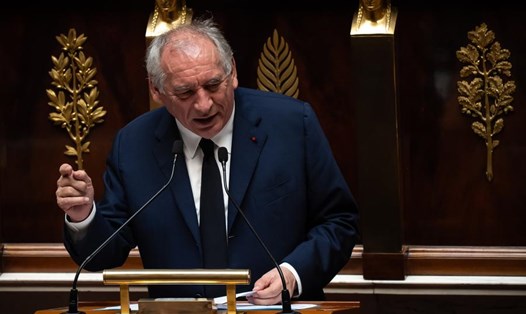On September 18, France witnessed a day of widespread strikes and protests, especially on the train route in Paris, to protest the Government's plan to cut public spending and reform meetings led by President Emmanuel Macron.
These measures aim to " though the budget deficit is low" but have been met with fierce opposition from the public and major trade union organizations.
A week after President Macron appointed Sebastien Lecornu as Prime Minister, his immediate task is to ensure the 2026 budget is approved by parliament. But building consensus becomes difficult as the proposal to save 44 billion euros ($47.5 billion) is considered too much for low- and middle-income workers.
During the protest, civil servants, teachers, train drivers, medical staff... took to the streets, blocked roads in some places, blocked school gates, strongly affecting public transport. Metro Paris and suburban railways are paralyzed, while highways and airports are less affected due to disputes with air traffic control federations.
Prime Minister Lecornu has withdrawn the proposal to remove two national holidays - a measure that is seen as causing public outrage - paving the way for dialogue with trade unions. However, dissatisfaction is still great because the roadmap for regulating social spending, freezing subsidies and pension-related reforms (increasing the retirement age from 62 to 64) is still kept unchanged or unclear.
Prime Minister Lecornu affirmed that measures are inevitable because public debt and budget deficits are at record levels, while the international credit rating agency Fitch Ratings has just downgraded Frances credit rating from AA- to A+. He stressed that if France does not act, it risks losing the confidence of the financial market and being sanctioned by the European Union for violating budget discipline.
The government said the deficit was too large - nearly double the 3% GDP limit set by the European Union - and action was needed. However, the approval of the 2026 budget will be a difficult problem: Lack of majority in the parliament, pressure from trade unions and people, as well as the need to find an alternative source of income if the measures to be revoked are abolished.











